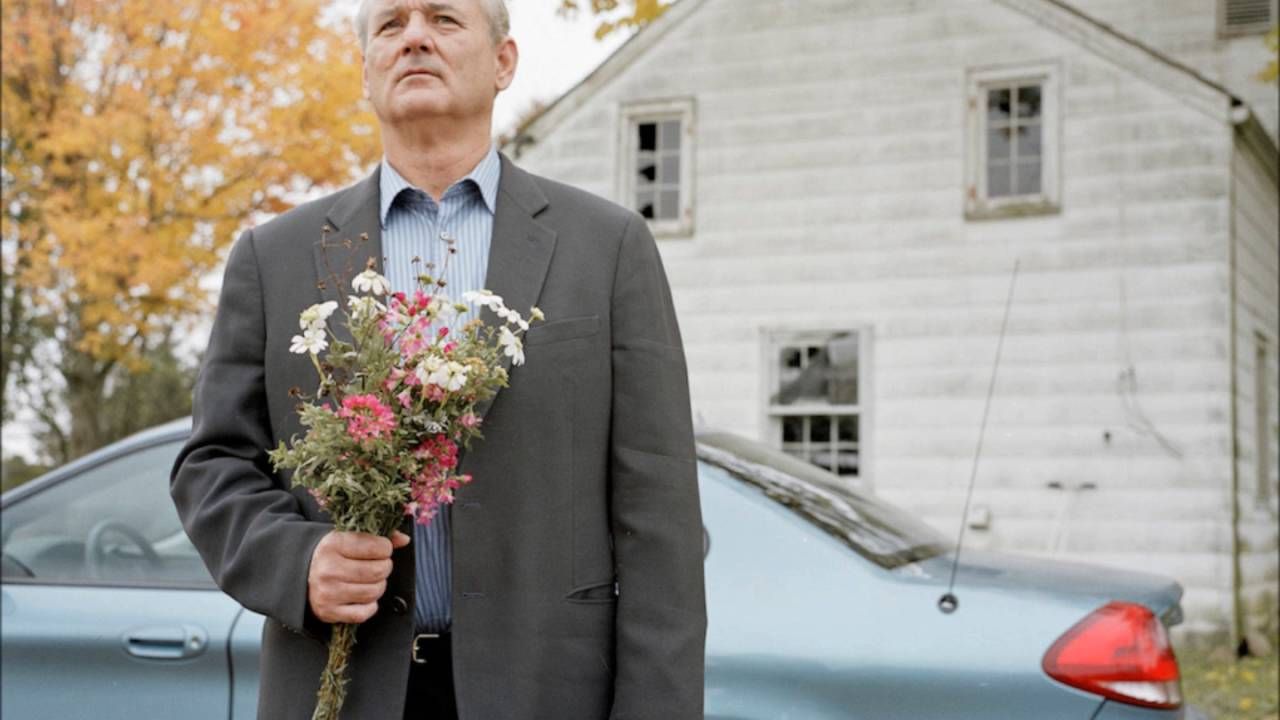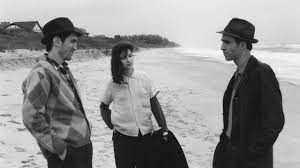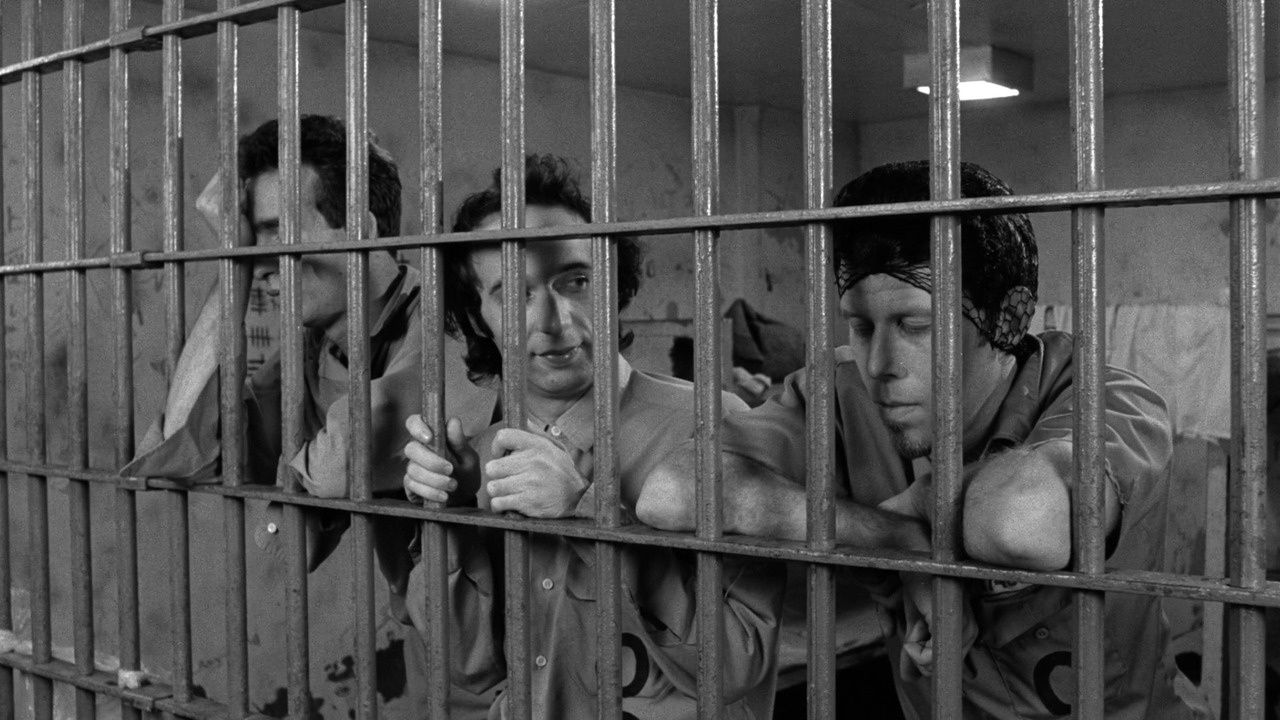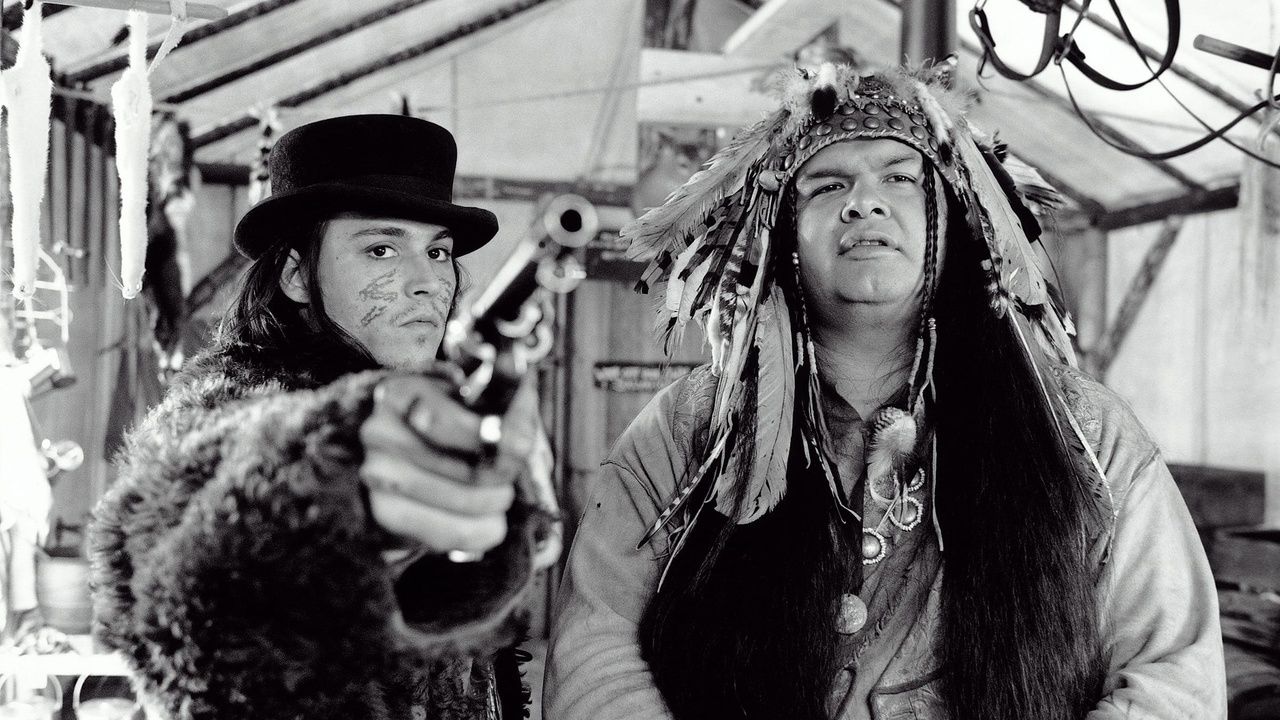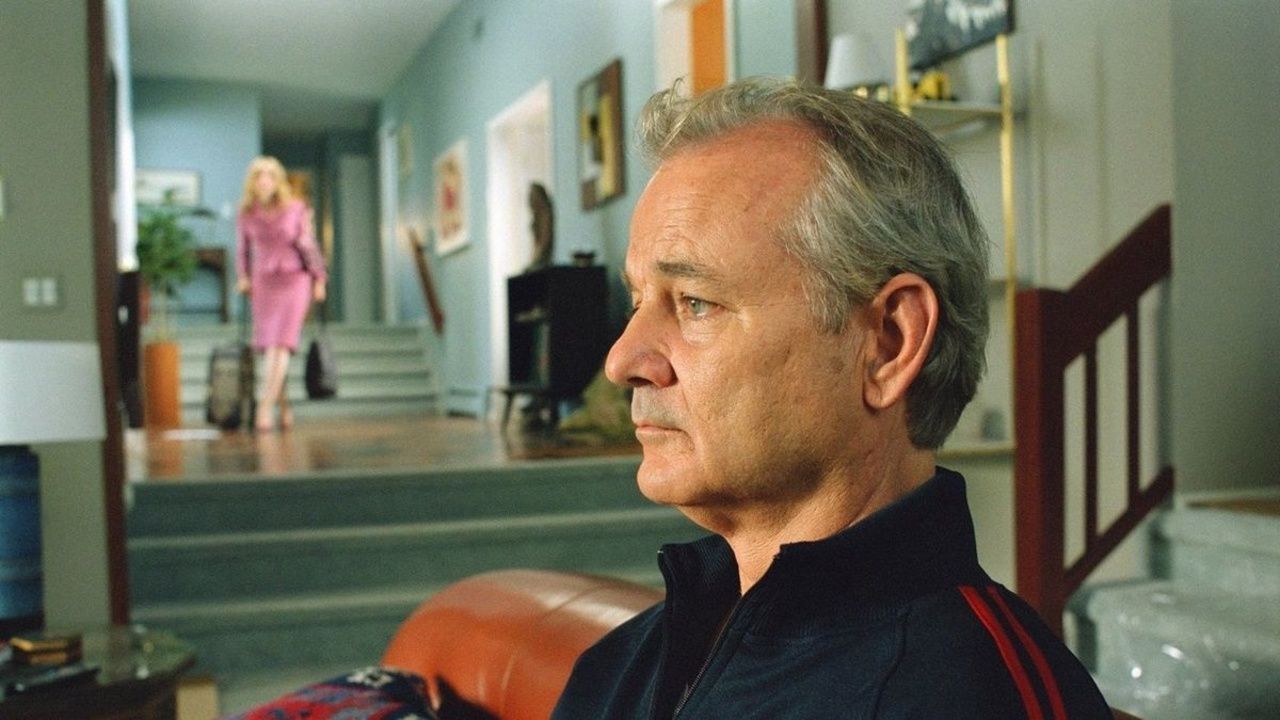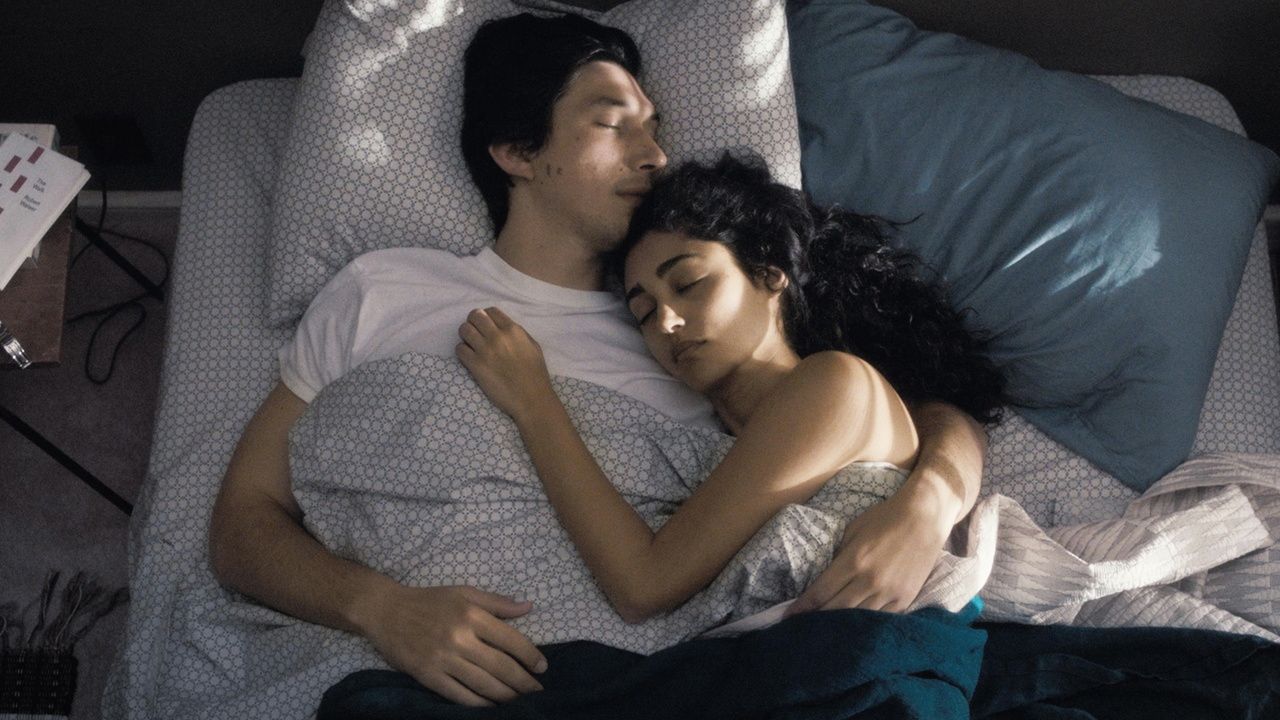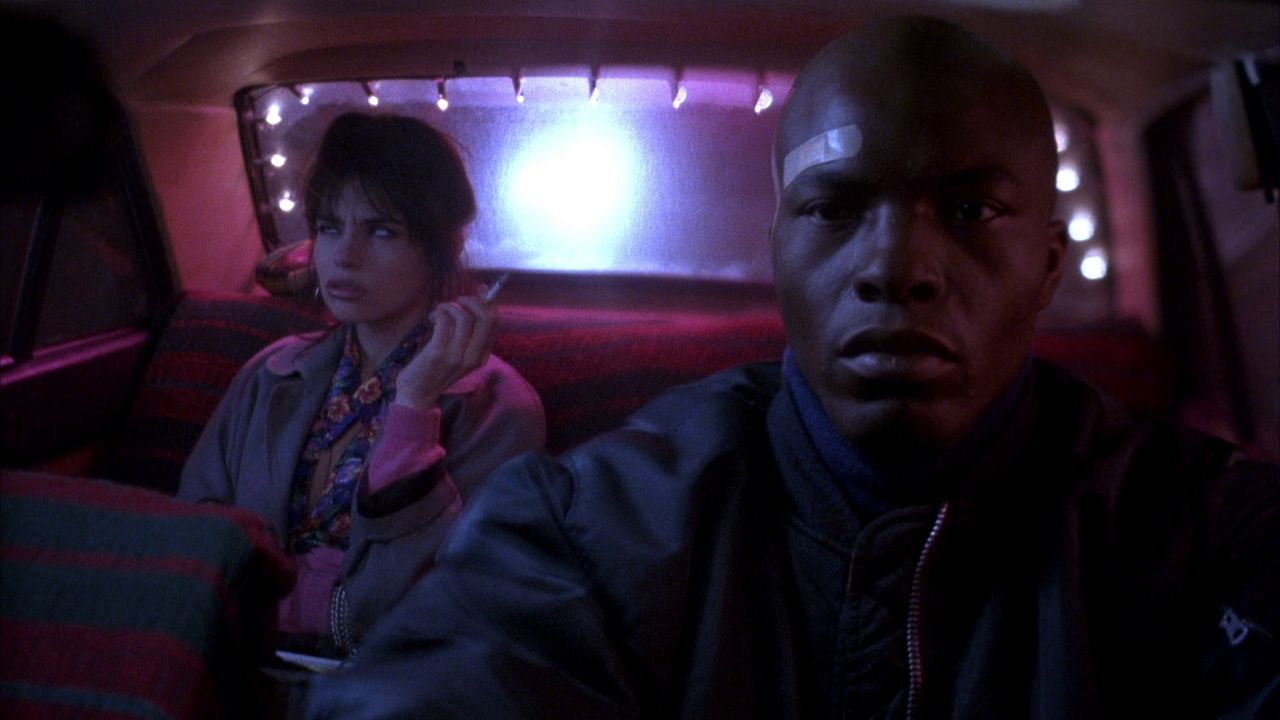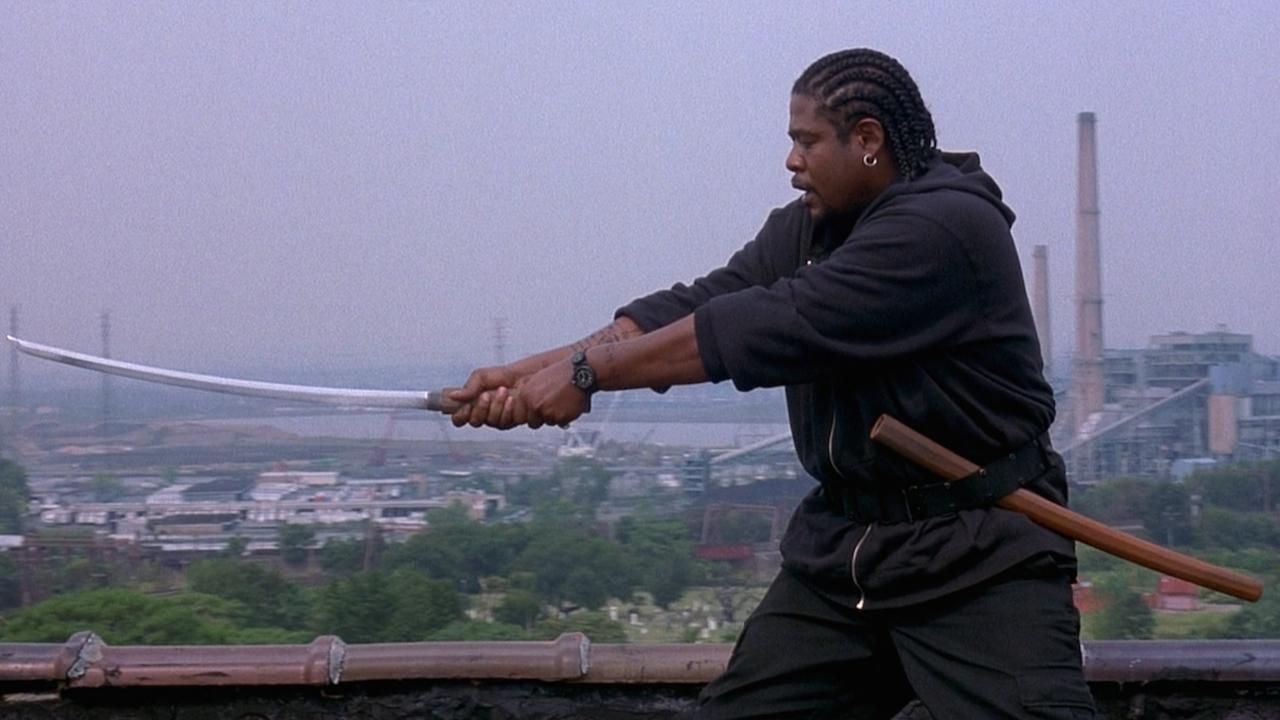Jim Jarmusch is widely considered to be one of the most iconoclastic and influential filmmakers of all time, and to this day has managed to put out a consistent catalog of films that have broken genre norms and established a truly unique voice in modern cinema. Jarmusch's films have ranged from westerns and indie comedies to gangster dramas and horror, all while showcasing career-best performances from stars such as Bill Murray, Tom Waits, Johnny Depp and Forest Whitaker.
Jarmusch has established a filmography that's been both dissected and widely discussed over the past four decades, and continues to appear relevant, with films like Only Lovers Left Alive and The Dead Don't Die continuing to capture cinematic conversations. In this article, we take a look at some of Jarmusch's most noteworthy entries in a filmography full of classic and groundbreaking films. While it's hard to break it down to a select few, these films represent Jim Jarmusch's unique and collective talents and showcase his enduring appeal.
7 Stranger Than Paradise
Jarmusch first made a name for himself with his 1984 breakthrough film Stranger Than Paradise, which ushered in a new, contemporary style of indie filmmaking. The movie follows John Lurie's Willie as he and a friend take in his cousin Eva for a weekend, and the misadventures that ensue as they follow her to Cleveland and later to Florida. The film is notable for its signature dead-pan humor, its long single takes, and its absurd situations which underline the character's desperation and longing for connection. Jarmusch's direction focuses more on character than on plot, but his off-kilter style and naturalistic performers, along with the director's signature style and music choices, make for a unique and authentic experience. Strangers With Paradise inverts many tropes of the indie comedy and doesn't offer a tidy resolution, but it's low-key charm and vivid characters make it a tremendously watchable achievement and an early marker of Jarmusch's subversive storytelling abilities.
6 Down By Law
Jarmusch followed up the success of his break-out feature Stranger Than Paradise with the whimsical yet heartfelt dark comedy Down By Law. The film follows three individuals-- a radio DJ (the musician and all-around icon Tom Waits), a pimp (John Lurie again), and an immigrant (Italian comedian Roberto Benigni) who all find themselves sharing a jail cell after being framed for crimes they didn't commit. Jarmusch's take on the prison film is full of absurd comedy, but also surprisingly moving in how each of the three men bond with one another and the different hopes they conceive. The film also takes on elements of screwball comedy in its second half, and once again Robert Muller's brilliant black and white cinematography creates a haunting yet textured sense of atmosphere. Credit also the performances of Waits, Lurie and Benigni, who deliver comedic and dramatically rich portrayals that allow Down by Law to strike a genuine chord with audiences.
Down by Law further established Jarmusch's reputation as a distinct filmmaker and provided a vehicle for his quirky yet artistic talents. It also earned critical acclaim and a cult following, and showcased Waits and Lurie's acting skills while introducing Roberto Benigni in his first international role, which brought him to America long before his Best Actor Oscar in Life is Beautiful. Down by Law progressed Jarmusch's considerable talents and resonated strongly with audiences and critics, solidifying his staying power beyond an indie one-hit wonder.
5 Dead Man
By the mid-90's, Jarmusch had already put his stamp on the road movie and prison film, and decided to lend his singular voice to the Western with 1995's Dead Man. Starring Johnny Depp, Dead Man follows the tale of William Blake (not the poet) who travels across the country for a failed job opportunity and ends up intertwined in a murder scene and on the run. Dead Man may sound like a standard revenge western, but subverts that in favor of an existential journey of identity (for both the man and the nation), and Jarmusch utilizes the film's surreal tone to comment upon violence, masculinity and the nature of life and death. The film also manages to contain Jarmusch's trademark quirky humor and vignettes, and features and incredible cast of character actors including Lance Henriksen, John Hurt, Robert Mitchum and Iggy Pop in memorable roles. Dead Man also benefits from Depp's relationship with the Native character Nobody, played in a significant role by Gary Farmer (who actually reprised the role in Ghost Dog), which gives the film a genuine emotional resonance and is truly moving to see unfold.
Dead Man was met with some initial mixed reviews but has gone on to receive critical praise and has become more and more embraced by audiences. Dead Man is now considered one of Jarmusch's most impressive films, and is referenced as a noteworthy take on the western genre for it's more surreal and understated approach. It also has a famously improvised and noisy, feedback-laden guitar score from Neil Young which has become iconic over time. Overall, Dead Man remains a key achievement for Jarmusch and represented his steady progression as an artist.
4 Broken Flowers
Jarmusch has proven that no matter the stage in his career, he's always full of surprises. In his late-career triumph Broken Flowers, Jarmusch tells one of his most moving and insightful stories to date. The film stars a brilliant Bill Murray as Don Juan, an aging retired software tycoon with a string of failed relationships behind him, who receives a mysterious letter from an unknown ex claiming he has a son. Encouraged by his neighbor Winston (a very funny Jeffery Wright), he sets out on a road trip to discover the potential identity of the letter's author, along the way reconnecting with several of his old flames. Broken Flowers succeeds thanks to Jarmusch's compassionate yet artful direction and Murray's understated and nuanced performance, one which reflects the film's subtle storytelling as well.
In a more Hollywood film. Broken Flowers would go for the big dramatic reveal or life lesson; instead it's a film about realizing the importance of connection and how things change with no easy resolution. The supporting cast of women from Murray's past is incredible, with renowned actresses Jessica Lange, Sharon Stone, Frances Conroy and Tilda Swinton all delivering excellent work. Broken Flowers is considered to be a mid-career masterwork for Jarmusch and earned him critical praise and recognition, along with accolades for Murray's role as well. Famed critic Roger Ebert considered this to be one of Murray's best performances and Jarmusch's best films, writing, "Jarmusch makes films about outsiders, but they're not loners, they're soloists. Bill Murray's character here is the ultimate Jarmusch soloist, in that he lacks even an instrument. His act is to walk onto the stage and not play." In his filmography, Broken Flowers showcased Jarmusch's range as a storyteller and how, underneath his quirky style, he's a true explorer of the human experience.
3 Paterson
One of Jarmusch's most recent films, Paterson has quickly established itself as a critical hit and fan favorite. Paterson follows Adam Driver as a bus driver living in Paterson New Jersey who shares his namesake with the city he's from, and escapes into his simple poetry when's he not at his day job. Paterson, like much of Jarmusch's films, is driven by character and mood, and he manages to paint a love letter to the town of Paterson itself all while highlighting the beauty of Driver's character's everyday existence. Paterson also benefits from its intimate focus on its characters which allows them to feel fully-dimensional especially, the relationship Paterson shares with his girlfriend Laura. Paterson has many subtle layers, but in the end emerges as one of Jarmusch's most compassionate and hopeful stories he's told on-screen.
While some have considered it to be terribly boring, critics and festivals warmly embraced the film, and it's earned considerable good favor with Jarmusch's fanbase as well. Paterson proves that even later into his career, Jarmusch is still full of surprises and finding new ways to deepen his craft and storytelling. Additionally, Adam Driver deserves credit for an understated yet note-perfect performance in the lead role.
Related: White Noise: Everything We Know About Adam Driver and Greta Gerwig's New Movie
2 Night on Earth
Jarmusch's films have long explored multiple perspectives, and Night on Earth is one of his most ambitious takes on the subject. Following multiple stories of various taxi drivers all across the globe, Jarmusch utilizes the taxi cab experience to explore how connected we are as humans. These stories emerge in vignettes that range from comedic and over the top to some that are existential and heart-wrenching. Jarmusch manages to coordinate a diverse ensemble cast which includes Winona Ryder, Roberto Benigni, Giancarlo Esposito, and Gena Rowlands, and each story adds a unique narrative layer to the entire production. The Benigni segment set in Rome is a comedic tour de force, and the NYC segment starring Esposito has plenty of screw-ball comedy to spare.
Other segments include the Helsinki story's heart-felt tale of loss and the Paris segment's exploration of race and communication in an unorthodox manner. While some segments may be stronger than others, Jarmusch's storytelling and filmmaking here is some of his most vibrant and dynamic in scope and execution, and with a fantastic Tom Waits score behind it all, it remains the best entry point for newcomers to the director. Night on Earth, like much of Jarmusch's earlier films, showcases his affinity for ensemble casts, vignettes, the comedy of communication, and how to exist in a globalized world, and helps prove that Jarmusch has been one of our most distinct and imaginative filmmakers for decades.
1 Ghost Dog: The Way of The Samurai
Jim Jarmusch adds his unique signature stamp to the gangster and samurai genres with his 1999 film Ghost Dog The Way of The Samurai. The film follows Forest Whitaker as the mysterious hitman Ghost Dog, who employs the ancient samurai code in his dealings as a paid contractor for the mob. When he's caught up in an attempt on his life, Ghost Dog utilizes his teachings to enact retribution. The film benefits from Whitaker's reserved yet powerful performance and Jarmusch's mixture of stylish thrills and thought-provoking drama. Again, Jarmusch taps into one of his favorite musicians in order to create an indelible and classic score, with RZA providing one of the best soundtracks of all time and helping the film become a hip-hop classic.
Ghost Dog manages to tell a cohesive story and wisely focuses on character and atmosphere rather than just flashy action and set-pieces, although Jarmusch does pay tribute to samurai lore with some elegantly staged ones, along with the frequent quotations from the Hagakure, or 'Book of the Samurai.' Ghost Dog was a critical and commercial success that further showcased Jarmusch's range as a filmmaker and ability to mash up several genres into one uniquely 'Jarmuschian' hybrid. The film has been considered a highlight in his career and has recently joined his other films in the prestigious Criterion Collection.

